The 2025 Toyota 4Runner: A Look At Potential Engine Options
The 2025 Toyota 4Runner: A Look at Potential Engine Options
Related Articles: The 2025 Toyota 4Runner: A Look at Potential Engine Options
Introduction
In this auspicious occasion, we are delighted to delve into the intriguing topic related to The 2025 Toyota 4Runner: A Look at Potential Engine Options. Let’s weave interesting information and offer fresh perspectives to the readers.
Table of Content
The 2025 Toyota 4Runner: A Look at Potential Engine Options
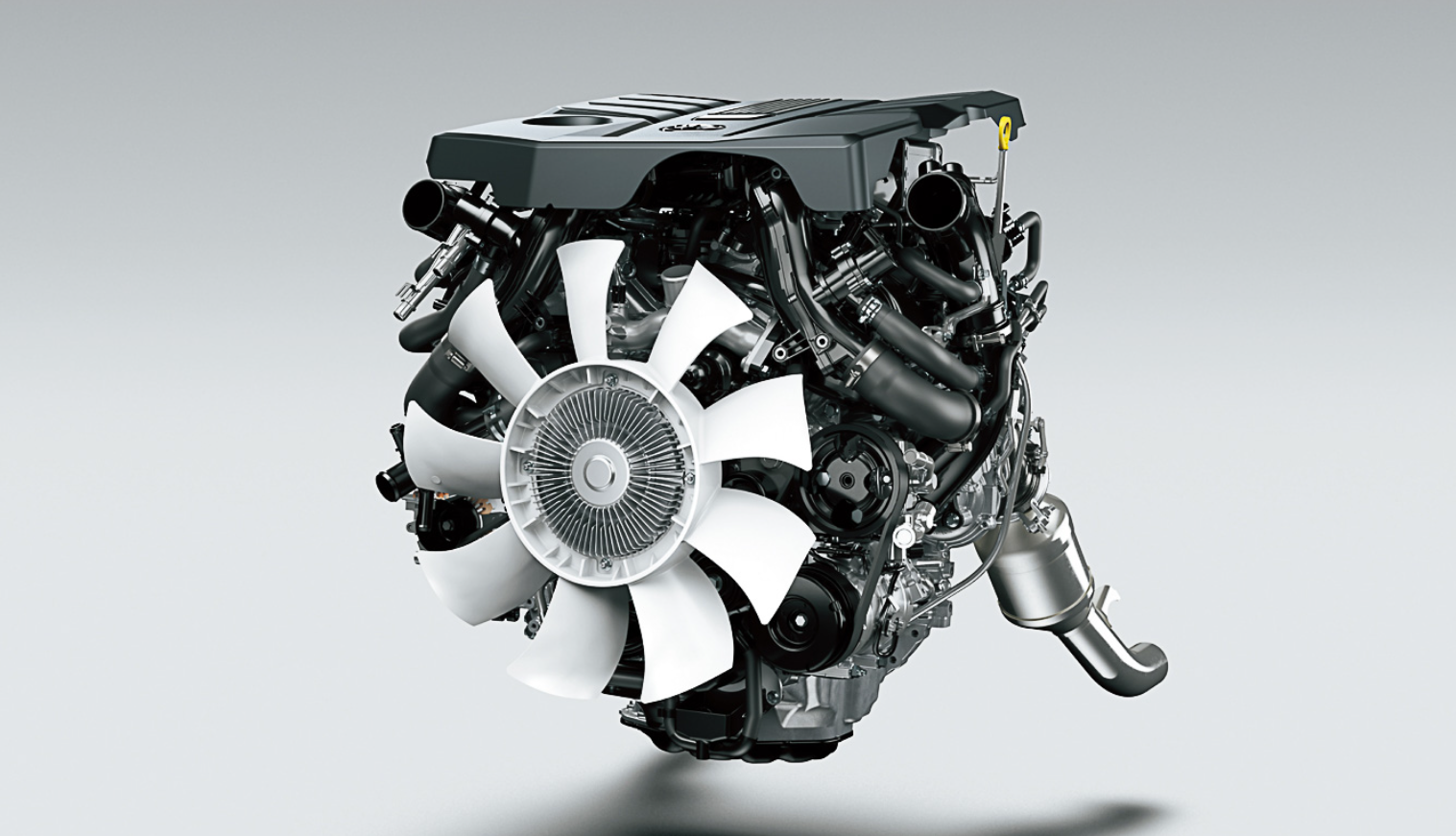
The Toyota 4Runner, a rugged and capable SUV, has long been a favorite among off-road enthusiasts and families seeking a reliable vehicle. As we approach 2025, speculation is rife about the engine options that will power the next generation 4Runner. While Toyota has not officially confirmed any details, analyzing current trends and industry expectations allows us to envision the potential powertrains that could be offered.
A Legacy of V8 Power:
The 4Runner has traditionally been synonymous with V8 engines, providing robust power and torque for off-road adventures and towing heavy loads. The current generation boasts a 4.0-liter V8, delivering 270 horsepower and 278 lb-ft of torque. However, the industry is moving towards fuel efficiency and reduced emissions, making the future of the V8 in the 4Runner uncertain.
The Rise of Hybrid Technology:
One prominent contender for the 2025 4Runner is a hybrid powertrain. Toyota is a pioneer in hybrid technology, and its experience with the hybrid system in the Tacoma suggests a natural progression to the 4Runner. A hybrid system could combine a smaller, more fuel-efficient gasoline engine with an electric motor, delivering a balance of power and efficiency. This approach could also enhance the 4Runner’s off-road capabilities, as the electric motor provides instant torque for tackling challenging terrain.
The Allure of a Turbocharged Four-Cylinder:
Another possibility is a turbocharged four-cylinder engine, a popular choice in modern SUVs. This option could offer a compelling blend of performance and fuel economy. Turbochargers can boost the output of smaller engines, generating comparable power to larger V8s while consuming less fuel. This could be particularly attractive for urban dwellers who prioritize fuel efficiency without sacrificing the 4Runner’s off-road prowess.
The Potential of a Plug-in Hybrid:
While less likely, a plug-in hybrid option could further enhance the 4Runner’s fuel efficiency and environmental footprint. This system would allow for extended electric-only driving, reducing reliance on gasoline. However, the added complexity and cost of a plug-in hybrid could hinder its widespread adoption.
Beyond the Engine:
Beyond the engine, the 2025 4Runner could feature a range of advancements, including:
- Improved Off-Road Capabilities: The 4Runner is known for its off-road prowess, and the next generation could benefit from enhanced features like improved suspension, advanced traction control, and a more sophisticated four-wheel-drive system.
- Advanced Safety Features: Toyota has a strong commitment to safety, and the 2025 4Runner could incorporate the latest driver assistance technologies, such as adaptive cruise control, lane departure warning, and automatic emergency braking.
- Enhanced Interior Comfort and Technology: The interior of the 4Runner could receive a significant upgrade, featuring premium materials, advanced infotainment systems, and a more user-friendly layout.
FAQs:
Q: Will the 2025 4Runner still offer a V8 engine?
A: While the current V8 engine has been a hallmark of the 4Runner, its future is uncertain. The industry is shifting towards smaller, more fuel-efficient engines, and Toyota may opt for a different powertrain for the next generation.
Q: What are the benefits of a hybrid powertrain?
A: A hybrid system offers a balance of power and efficiency. The electric motor provides instant torque for off-road situations and improves fuel economy during city driving.
Q: Will the 2025 4Runner be available with a plug-in hybrid option?
A: A plug-in hybrid option is possible but less likely than a traditional hybrid system. The added complexity and cost could hinder its adoption.
Q: What are the key factors influencing the engine choices for the 2025 4Runner?
A: Fuel efficiency, emissions regulations, consumer demand, and technological advancements are all influencing factors.
Tips:
- Stay Informed: Follow automotive news outlets and websites for updates on the 2025 4Runner.
- Consider Your Needs: Determine your driving needs and preferences, such as fuel economy, off-road capabilities, and towing capacity, to guide your engine choice.
- Research Available Options: Once the 2025 4Runner is released, carefully research the available engine options and their specifications.
Conclusion:
The 2025 Toyota 4Runner is expected to embrace a new era of powertrains, balancing performance, fuel efficiency, and environmental responsibility. While the specific engine options remain shrouded in mystery, the potential for hybrid technology, turbocharged four-cylinder engines, or even a plug-in hybrid system suggests a future where the 4Runner continues to be a versatile and capable SUV for a wide range of drivers. As we approach 2025, anticipation builds for the unveiling of the next generation 4Runner and its innovative powertrain options.
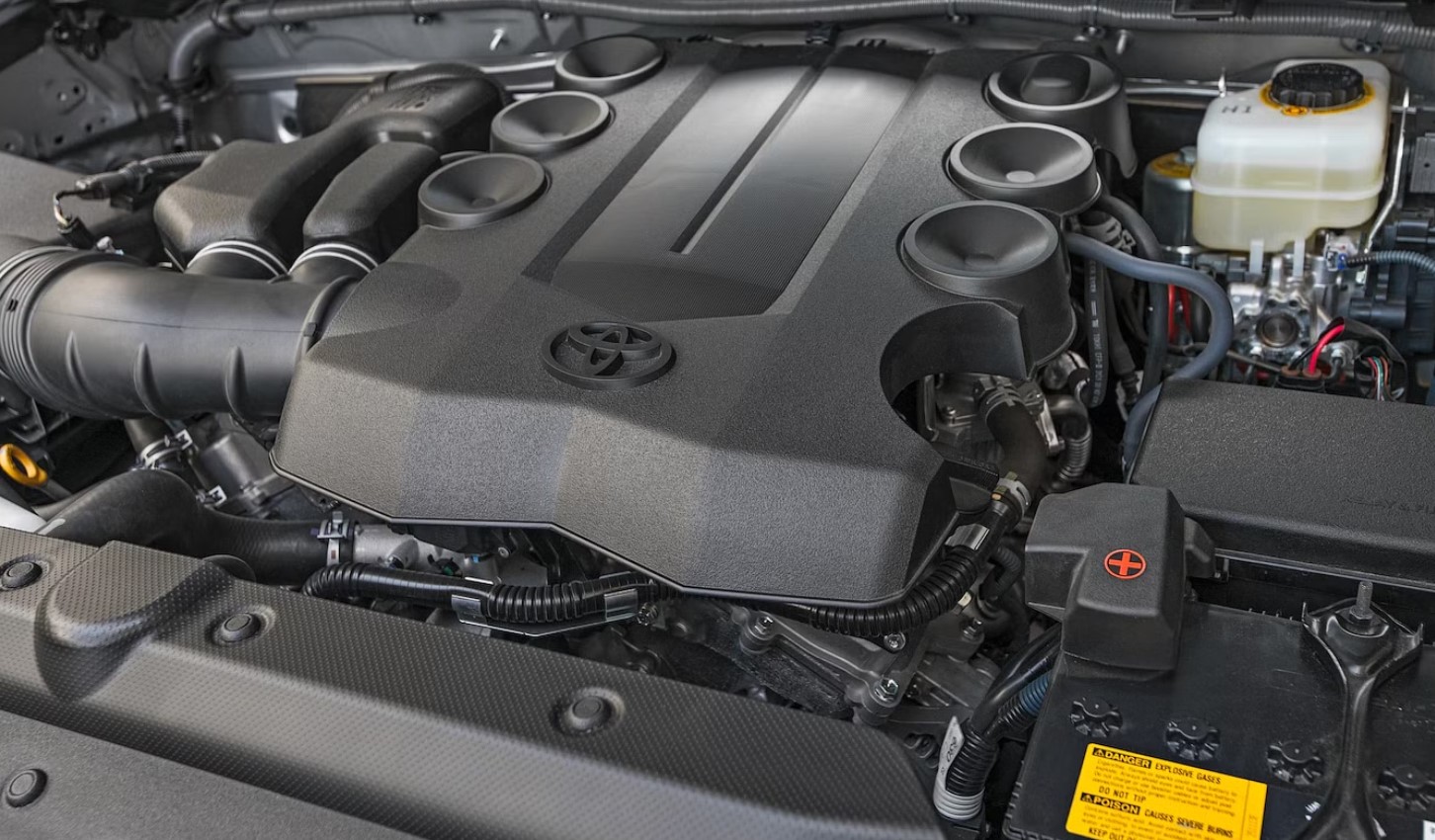
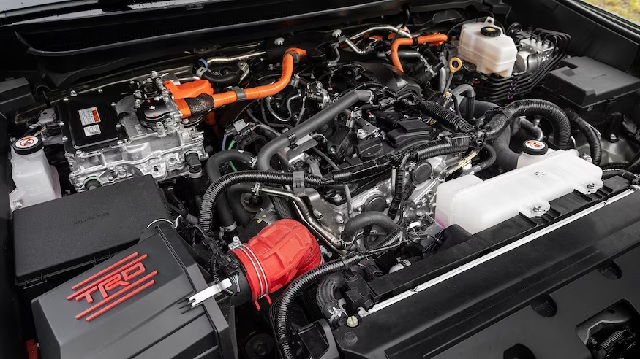
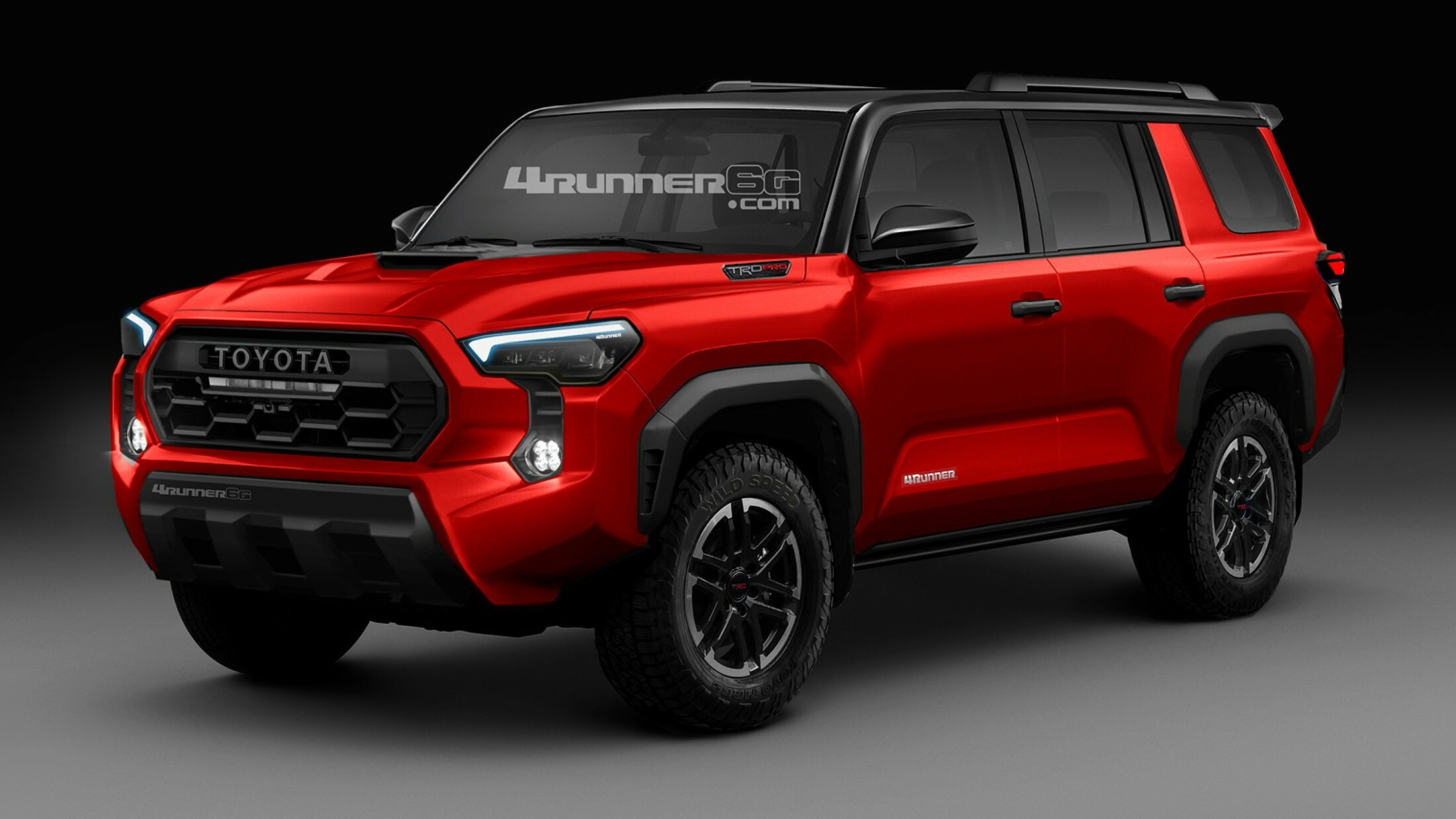
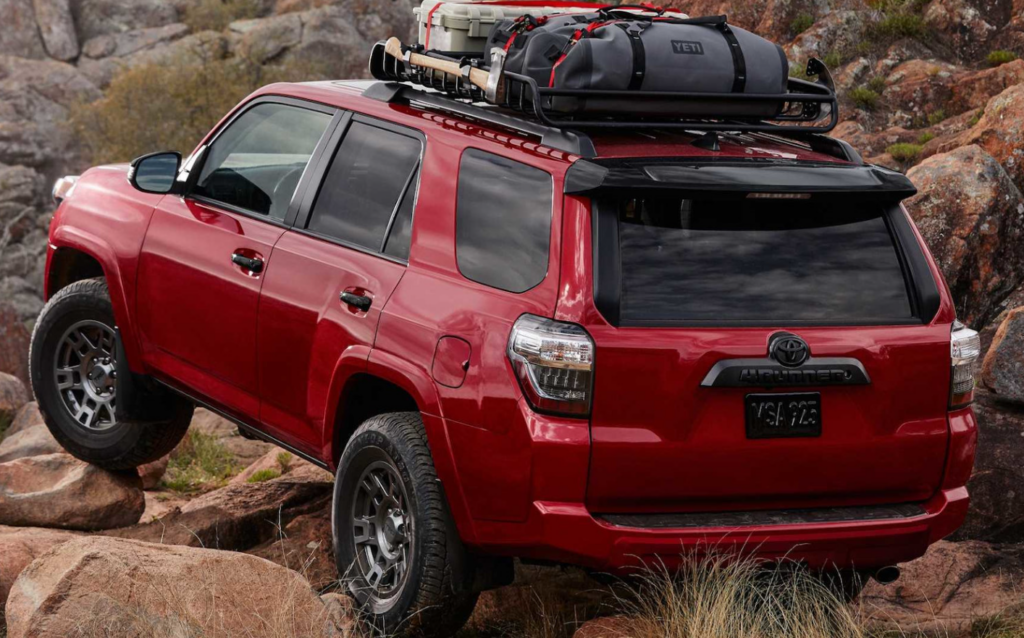
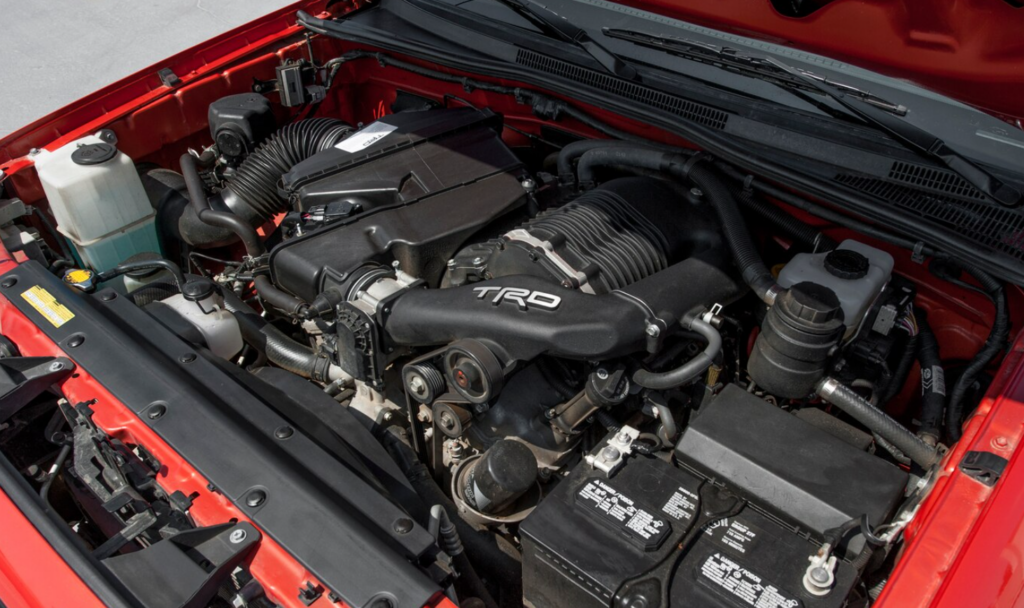


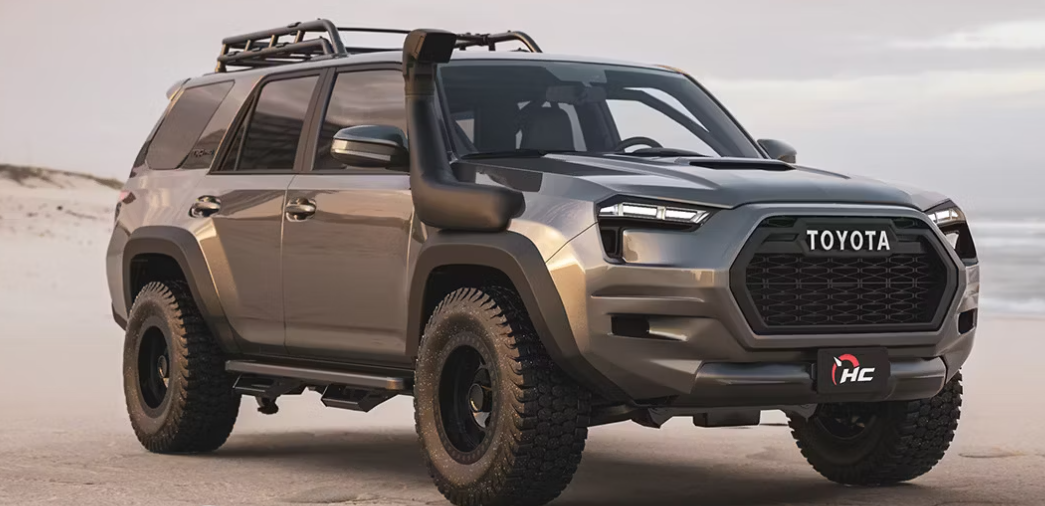
Closure
Thus, we hope this article has provided valuable insights into The 2025 Toyota 4Runner: A Look at Potential Engine Options. We thank you for taking the time to read this article. See you in our next article!